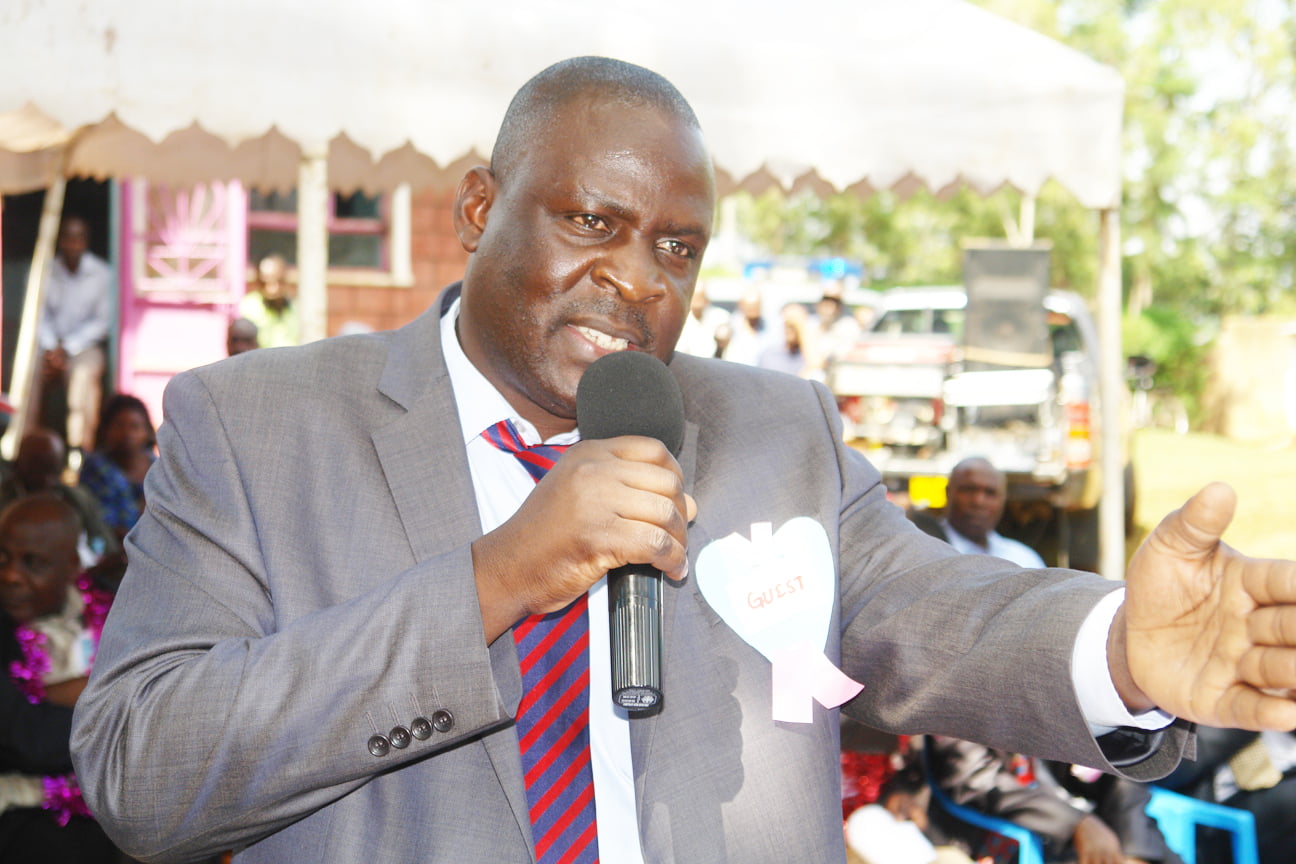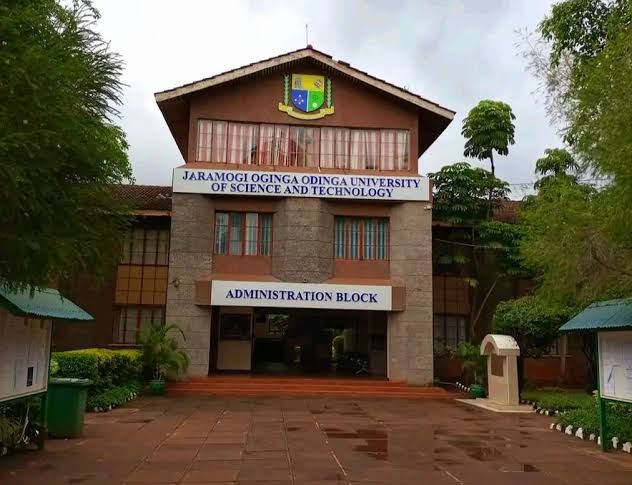Union says salary increment to motivate teachers who will be attached to Junior Secondary
By Hilton Mwabili
Kenya National Union of Teachers (KNUT) has outlined a raft of proposals including salary increment to motivate teachers who will be attached to Junior Secondary, saying this will improve quality of education in all public schools.
Secretary General Collins Oyuu said improving remuneration for head teachers who will be tasked with additional responsibilities of handling the Junior Secondary School programmes in their primary schools will be a game changer.
“There is a clause in the previous CBA that is not addressed and therefore as a union, we shall be seeking a salary increment in line with terms and conditions of service,” he said.
Oyuu demanded that the increments be implemented by January 2023 to set the momentum of the Competency-Based Curriculum (CBC).
“Now that you have domiciled the Junior Secondary School in primary schools, we want to know what the plight of teachers is in terms of their welfare as they take up these responsibilities, head teachers are now going to be overburdened and this calls for a review of terms,” he said. Oyuu made the remarks while addressing the 18th Kenya Primary School Head Teachers
Association (Kepsha) Annual Conference at the Sheikh Zayed Children Welfare Centre in Mombasa.
The union also wants the Teacher Service Commission (TSC) to effect promotions of teachers who have stagnated in one stage as well as promoting those that are in acting capacity at various positions.
Oyuu urged the government to promote head teachers in Grade D1, saying the progression of the tutors at that level has stagnated for long.
“Equalisation fund, I would like to ask how far its implementation is, we ask the government to actualise the implementation of the equalisation fund,” he added.
Oyuu demanded for a specialised capitation for special schools needs to cater for the specialized attention demanded by the institutions in their quest to implement the competence based curriculum (CBC).
“We need a special capitation for special needs schools, this has been our request for a long time and no one seems to address it,” he noted. In the list of demands, they proposed that the annual capitation per child be increased from Sh1, 400 to Sh7, 500.
Oyuu further asked Ministry of Education to cushion teachers from the wrath of mental health that he said has taken a toll on them as a result of hardships in line of duty. He said many have indulged into drugs because of frustrations.
“When a teacher who is regarded as a role model commits suicide in the village, it is not a good thing, therefore we need teachers’ plight to be addressed so as to avert many deaths as a result of mental health,” he said.
Teacher Service Commission Secretary/Chief Executive Officer, Nancy Macharia announced that at least 30,000 teachers will be employed by January in line with the directive from President William Ruto.
In the speech read on her behalf by human resource and development director Julius Olayo, Macharia said so far 229,000 primary school teachers have been trained on competency-Based Curriculum while 60,000 secondary school others are undergoing training ahead of Junior secondary program.
“We urge teachers to be competent and ensure seamless implementation of Junior secondary, we have trained curriculum support officers who will also impact the implementation process,” said Macharia.
At the same time, she said TSC will support about 63,396 more teachers on online learning and ensure they are technology savvy. She said teachers should upgrade with technology advancements so that they can be able to deliver quality learning.
Kepsha chair Johnson Nzioka regretted that some teachers have stagnated despite promises. He said as the government plans to employ teachers the larger number should be directed to junior secondary schools.
“Now that Junior Secondary has been domiciled in primary, we are pleading with you as you plan to employ 30,000 teachers, the elephant portion be given to Junior Secondary Schools,” said Nzioka.
Members of Parliament supported the plan to phase out public boarding schools in future, hinting at making laws that may favour implementation of the process.
Legislators drawn from National Assembly Education Committee chaired by Julius Melly, projected that in 20 years all schools in the country would be day schools.
While addressing the 18th Kepsha annual conference, Melly said for the plan to succeed it should be backed by a proper law.
“Let the schools be 95 per cent day schools, so that it can reduce bad behaviour of learners and also ensure parents monitor their children,” he added.
Education Principal Secretary Belio Kipsang had earlier hinted that the government wants all public boarding primary schools that are not in arid and semi-arid areas to adopt the day school policy from next year.
The PS said this will also see parents take up their responsibilities by staying with their children instead of taking them to boarding schools at an early age and that it is also in the spirit of cutting down the cost of education at the primary level.
But while addressing the school head teachers, Melly also vowed to ensure a thorough oversight of public resources allocated to schools by the Ministry of Education.
He also declared to lobby the ministry to increase capitation to all public primary schools to ensure effective implementation of Junior Secondary Schools plan.
“The ministry has a role to ensure funding of schools is done before the January transition, therefore as learners report to school the ministry must ensure they report with capitation,” said Melly.
The House committee chair further hinted that legislators may seek adjustments to the teacher delocalisation policy and ensure it favours teachers. He said teachers should work in environments that will make them produce their best.
Teachers say delocalisation had caused pain and even deaths by the way it was implemented by being forced on them. He said policies should not be made to coarse and instead should ensure they are not oppressive.
“Delocalisation should not be a punishment to teachers. It should be a friendly action that all teachers should be happy about and they should not feel coarsed to go to areas where they don’t want,” said Melly.






